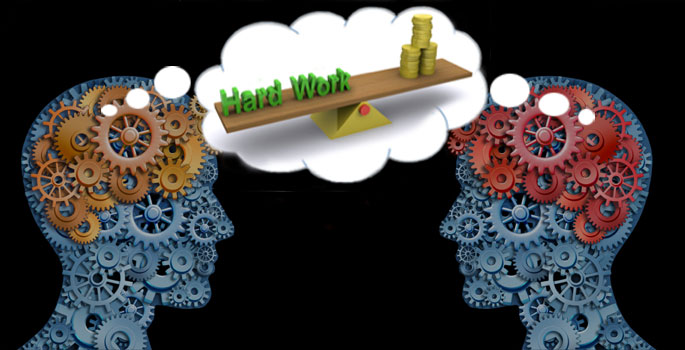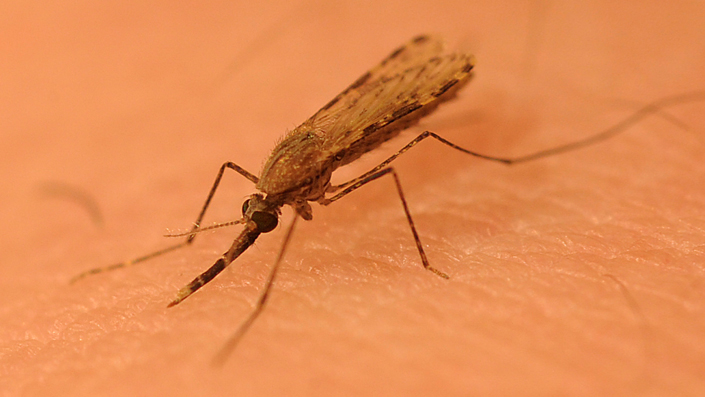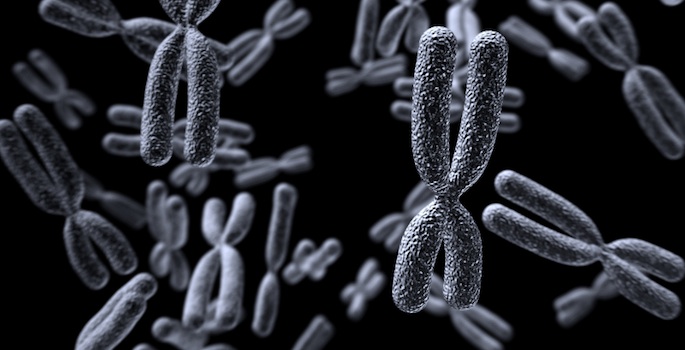Featured Research
-

Vision study changes how we see the brain
Vanderbilt researchers have discovered that the pulvinar, a mysterious structure buried in the center of our brains, determines how we see the world — and whether we see at all. Read MoreMay 10, 2012
-

Quantum dots brighten the future of lighting
Vanderbilt researchers have boosted the efficiency of a novel source of white light called quantum dots more than tenfold, making them of potential interest for commercial applications. Read MoreMay 8, 2012
-

Hand surgeons scarce for emergency surgery
Wrist, hand and finger trauma are the most common injuries presenting to emergency departments nationwide, yet only 7 percent of Tennessee hospitals have a hand specialist on call 24/7 to treat these patients, according to a Vanderbilt study published online today in the Annals of Plastic Surgery. Read MoreMay 2, 2012
-

Dopamine impacts your willingness to work
A new brain imaging study that has found an individual’s willingness to work hard to earn money is strongly influenced by the chemistry in three specific areas of the brain. Read MoreMay 1, 2012
-

Rogue stars ejected from the galaxy found in intergalactic space
Astronomers have identified nearly 700 rogue stars that appear to have been ejected from the Milky Way galaxy. Read MoreApr 30, 2012
-

Family life impedes political participation by women
The responsibilities of family life tend to impede political participation by women in the Americas, a new study from the Latin American Public Opinion Project at Vanderbilt University shows. Read MoreApr 30, 2012
-

New drug mutes more melanomas
An experimental melanoma drug may be beneficial for patients not eligible for targeted therapies. Read MoreApr 26, 2012
-

Diversity aided mammals’ survival over deep time
The first study of how mammals in North America adapted to climate change in “deep time” found that taxonomical families with greater diversity were more stable and maintained larger ranges than less diverse families. Read MoreApr 23, 2012
-

MRSA in pregnancy may be less dangerous than previously thought
Vanderbilt pediatric infectious disease researchers studying antibiotic-resistant staph say fears that mothers carrying the germ may set their newborns up for infection are unfounded. Read MoreApr 19, 2012
-

Crime and punishment: the neurobiological roots of modern justice
Neuroscientists from Vanderbilt and Harvard have proposed the first neurobiological model for third-party punishment, outlining potential cognitive and brain processes that evolutionary pressures could have re-purposed to make this behavior possible. Read MoreApr 18, 2012
-

Academic Minute: The neurology of alcohol addiction
In this Academic Minute podcast, Danny Winder, associate professor of molecular physiology and biophysics, explains why the effects of alcohol can vary widely among individuals. Read MoreApr 17, 2012
-

Vanderbilt to study deep brain stimulation as treatment for depression
Vanderbilt University Medical Center is one of approximately 20 centers in a nationwide clinical study investigating the use of deep brain stimulation (DBS) as an intervention for patients with major depression. Read MoreApr 17, 2012
-

Breakdown of white-matter pathways affects decisionmaking as we age
A brain-mapping study has found that people's ability to make decisions in novel situations decreases with age and is associated with a reduction in the integrity of two specific white-matter pathways. Read MoreApr 11, 2012
-

Latest research on key education policies to be presented April 13-17
Peabody faculty will present research on the nation’s key issues in education at the AERA conference April 13-17. Read MoreApr 11, 2012
-

Video: New, strong insect repellent discovered
Vanderbilt researchers have discovered a new insect repellent compound that may be thousands of times stronger than DEET, the active ingredient currently in common mosquito repellents. This new compound is the first of its kind in the world. … Read MoreApr 11, 2012
-

Political divide: Why health care is the issue on which Americans may never agree
Of all the issues being debated by politicians, lawmakers and voters, funding health care may be the issue on which no one can agree. Read MoreApr 10, 2012
-

Common Ground: Amy-Jill Levine explores the shared heritage of Christianity and Judaism
Amy-Jill Levine explores the shared heritage of Christianity and Judaism. Read MoreApr 9, 2012
-

Conflicting expert witnesses can give inaccurate view of science
Vanderbilt researcher Rebecca Haw gives suggestions on how to improve how expert testimony is presented in the courtroom so scientific consensus is more accurately portrayed. Read MoreApr 9, 2012
-

Minds wide open: Neuroscience at Vanderbilt
Vanderbilt University has emerged as one of the nation’s leading academic centers in neuroscience. Read MoreApr 6, 2012
-

Vanderbilt researchers help reveal complex role of genes in autism
Mutations in hundreds of genes involved in wiring the brain may contribute to the development of autism spectrum disorders (ASD). Read MoreApr 4, 2012